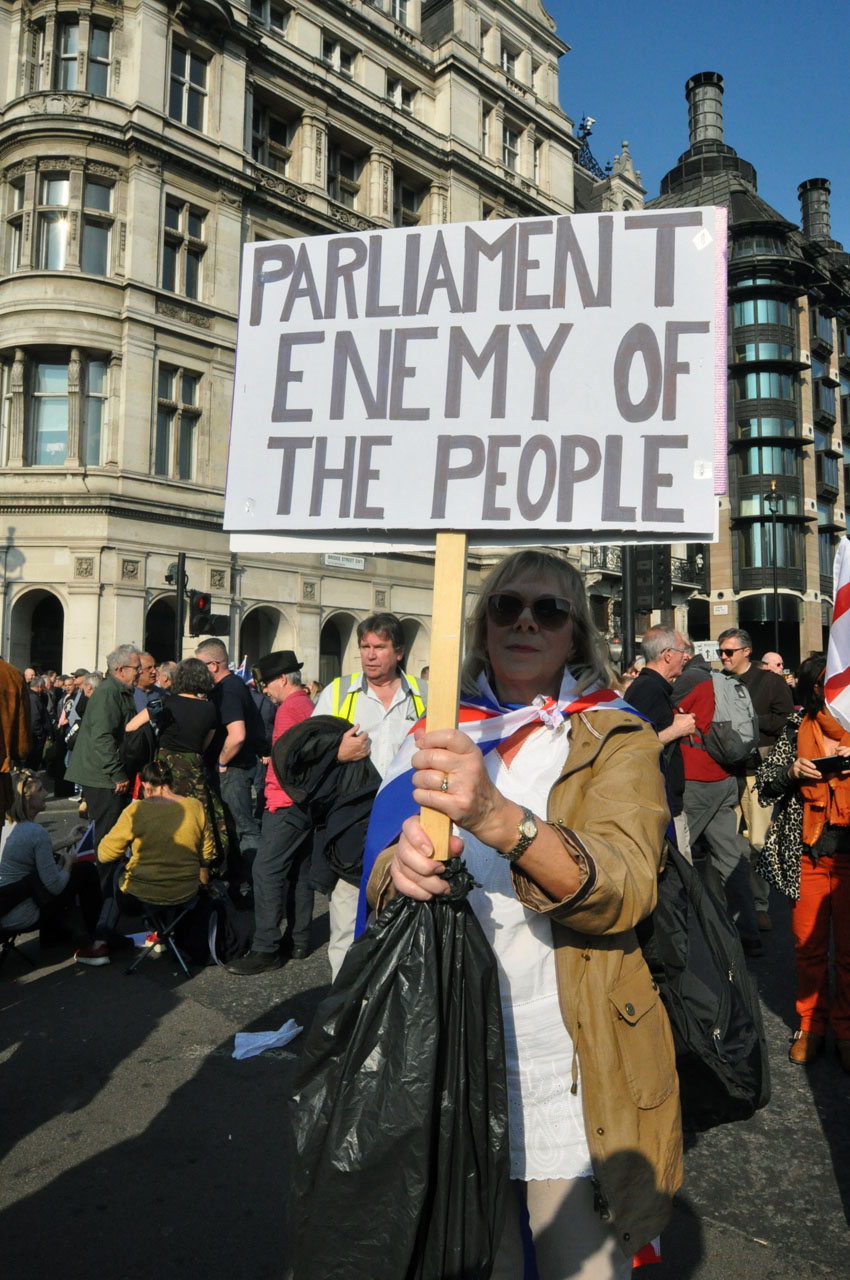
THE suspension of Parliament is ‘the territory of political judgements not legal standards’, the Tory government’s lawyer told the Supreme Court yesterday.
The court is considering the legality of Boris Johnson’s decision to suspend – or prorogue – Parliament for five weeks.
Sir James Eadie QC said such decisions were not for the court to decide on.
Remain MPs and supporters have accused the PM of trying to stop the scrutiny of MPs in the run-up to Brexit on 31 October.
The PM prorogued Parliament for five weeks earlier this month, saying it would allow him to hold a Queen’s Speech on 14 October to outline his new policies.
Eadie QC told the court that prorogation was ‘a well-established constitutional function exercised by the executive’ and decisions about it were ‘squarely … within that political or high policy area’.
‘Such decisions are inherently and fundamentally political in nature,’ he continued, accepting that those decisions were ‘inevitably shot through with assessments of a political kind’, including how a government might secure its ‘political objectives’.
Eadie pointed out that there was no law relevant to this particular case. Therefore, he said, the courts could not intervene in the decision.
Asked about the need to uphold parliamentary sovereignty, Eadie said it was ‘a precious principle’, but urged caution before ‘that phrase is too widely or generally bandied about’.
Parliament had recourse to measures like no-confidence motions in the prime minister to protect that principle, he said, adding: ‘That’s where you find the appropriate form of control, not the courts.’
There are two cases about the prorogation now being appealed in the court after lower courts reached conflicting judgements.
Businesswoman Gina Miller and other campaigners are appealing against a ruling by England’s High Court, which said the suspension was ‘purely political’ and therefore ‘not a matter’ for the judiciary.
On Tuesday afternoon, the Advocate General for Scotland, Lord Keen QC, argued on behalf of the government against the ruling from the Scottish courts, which said prorogation was ‘unlawful’.
He said previous prorogations of Parliament – including in 1930 and 1948 – had ‘clearly been employed’ when governments wanted to ‘pursue a particular political objective’, adding: ‘They are entitled to do so.’